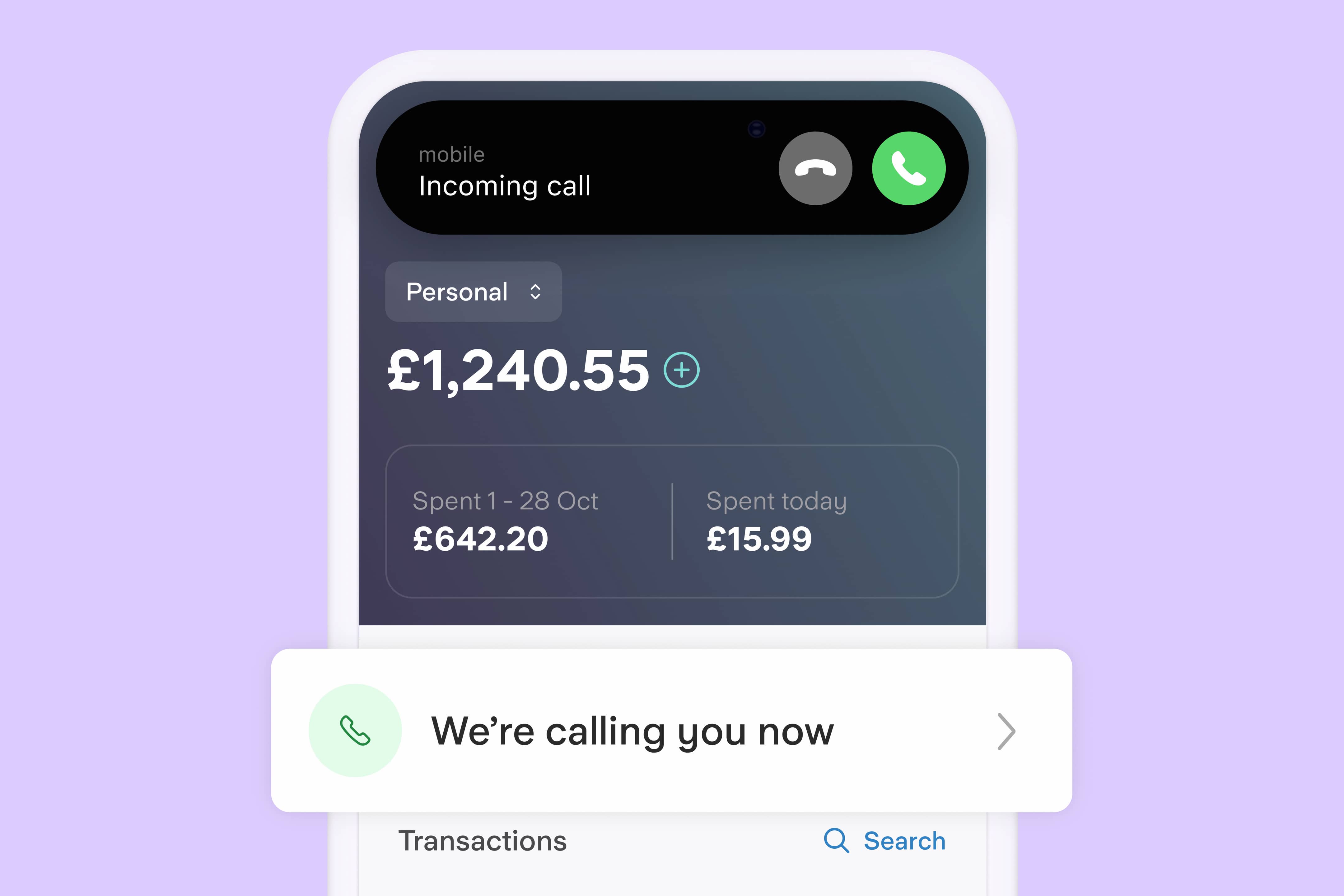
Fraud
Anyone’s identity can be stolen these days
1st November 2024

Sarah Lenette, one of Starling’s financial crime specialists, offers advice on how to protect yourself from loan fraud.
Looking for a loan can feel confusing at the best of times. Something that you might not consider when searching online, is if the company you’re communicating with is genuine or actually impersonating a legitimate lender. In this blog, we’ll look at loan scams and what you can do to avoid them.
Scammers have been known to set up websites that appear to belong to genuine lenders. These sites may offer loans to those unable to obtain credit elsewhere, or offer large sums with low interest rates.
These scam websites can show up when searching for loans on common search engines. Adverts placed on search engines are not yet strictly regulated, so don’t be fooled into thinking that publishing an ad on the internet makes a company legitimate!
Criminals might also approach individuals who have entered their information into fake ‘price comparison’ websites, and pretend to be from a respected lender. This could be in the form of an email or phone call. The fraudsters can even set up fake social media accounts for these companies in an attempt to trick people into contacting them.
Once in contact with the fraudulent lender, the victim will be coached through an ‘application’ process where all their information is provided to the fraudster. The ‘lender’ will then request an upfront fee in order for the loan to be sent. Various reasons will be given, such as a processing fee, insurance fee or that a one-off payment is required due to the borrower having a poor credit history. Once a payment has been made, the ‘lender’ will disappear and stop all contact.
Genuine direct lenders won’t request upfront fees - be wary of anyone requesting this
Take Five - Take a moment to research the company and don’t be pressured to act quickly - trying to rush people is a common technique employed by scammers
All lenders must be regulated by the Financial Conduct Authority (FCA). You can check this by searching for a company on the Financial Services Register. Make sure any contact details and websites you are using match what is on the register. It will also advise you if the company has been impersonated in the past
Checking reviews on a site like Trustpilot will help give you an insight into if other people have had a good experience with the company
Our blog on online shopping scams provides advice on how to spot a fake website. Check it out for tips on what to look for
If the offer looks too good to be true, it normally is. If the interest rates are exceptionally low compared to other companies, or this company is offering to loan more than other lenders - stop!
Be cautious when looking at companies on social media; just because a page has multiple ‘likes’ or ‘followers’ doesn’t mean the company is genuine. Likewise with ads on search engines
If you think you’ve been a victim, contact Action Fraud and your bank. You can also learn more about scams from our friends at Take Five.

Fraud
1st November 2024

Fraud
1st November 2024

Fraud
4th October 2024

Money Truths
29th May 2025

Money Truths
28th May 2025

Money Truths
20th May 2025